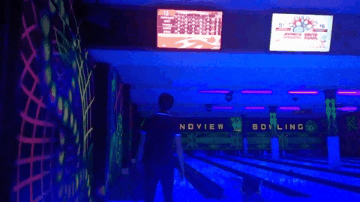
By Juan Pablo Alperin, Esteban Morales and Erin McKiernan. First published on the LSE Impact Blog on July 17, 2019. The language of Open Access (OA) is littered with so many colours, metals, and precious stones, that you would be forgiven for losing track.









